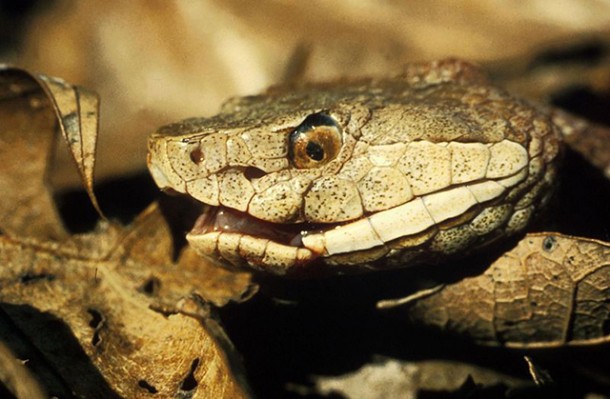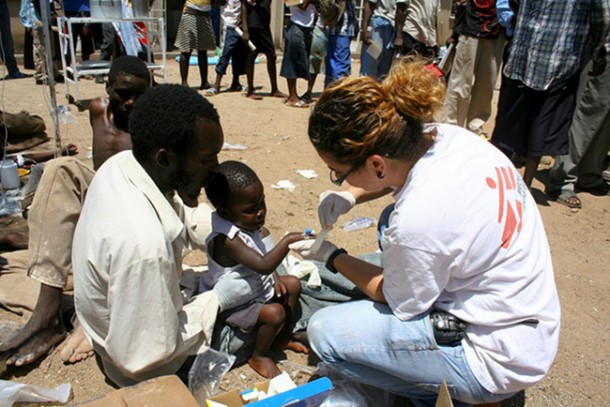It’s possible, in a world which still witnesses several incurable diseases, that an antidote goes “out of market”?
Unfortunately, the answer is: Yes, it is.
The international medical humanitarian organization Doctors Without Borders, better known as Médecins Sans Frontières (MSF) stated that existing stockpiles of the anti-venom medicine Fav-Afrique, which are produced by the UK-based pharmaceutical company Sanofi Pasteur, are going to expire by June 2016, “and no replacement would be available for another two years”.
The medicine, which cost $250-500, when available, results life-saving against the bite of 10 different species of snakes, belonging to two families, Elapidae and Viperidae.
Nevertheless, money seems once again to be the first concern. The medicine suffered the market competition of cheaper alternatives, proved to be not equally effective.
In 2003, for example, Ghana’s Ministry of health replaced Fav-Afrique with a much cheaper and less effective product, Asna Antivenom C, produced by “Bharat Serum and Vaccines of India”, as reported in a pharmaceutical industry report written by Amandine Laden, a regulatory affairs officer, and Thomas Duterte, a pricing and health economics manager. The report highlights that the production cost of Fav-Afrique is $139, while Asna Antivenom C costs just $36.75. A bargain.
As officially stated in a note released in September 2015, Safofi Pasteur declares:
In 2010 Sanofi Pasteur ceased production of Fav-Afrique™ anti-venom immunoglobulins in a context where existing emergingcountries producers were supplying the large majority of the global demand. Since 2006, products in competition with Fav-Afrique™, whose production costs Sanofi Pasteur cannot match, have expanded in Africa and progressively replaced Fav-Afrique™. As a consequence, the Fav-Afrique™ demand decreased six-fold.
Alain Bernal, a Sanofi Pasteur spokesman, recently commented:
It’s very strange that (health officials) are only realizing this problem five years later.
He also said the company has offered to transfer the anti-venom technology to others, but “nothing has materialized yet.”
Some valuable figures on how this market practices are going to affect the people of the world, most of which coming from developing countries, can be found in another piece on this topic, published today by the New Zeland Herald‘ s Robin McKie,
Doctors in India recently carried out a detailed survey and discovered around 46,000 people in the country were killed by snakebites every year. Official statistics suggested the figure was only 1000. Similarly in Bangladesh, a detailed survey revealed the annual snakebite death toll there was about 6000.
“These two sets of figures are significant, for they suggest the estimate made by a World Health Organisation-sponsored study that snakes kill around 100,000 people a year across the globe may be a serious underestimate,” said Oxford University tropical medicine specialist Professor David Warrell.
“We now know more than 50,000 men, women and children die in India and Bangladesh from snakebites each year, and that figure is coming from just two nations.
“We also know that countries such as the Democratic Republic of Congo have enormous numbers of venomous snakes, but provide no reliable data of any kind about snakebite deaths within their borders. So I would say it’s more likely 200,000 or possibly more deaths a year are caused by snakes across the globe.”
A comprehensive study on the issue, carried out by Julien Potet and Dr Jen Cohn, titles “A market failure case study: African snake antivenoms“, and stresses the main causes of this problem:
1. Neglect of snakebite victims
2. Poor understanding of cost-effectiveness
3. Unstable demand
4. No quality requirements
5. Equine polyclonal serums considered as outdated.
A last hint of hope is given by SA Vaccine Producers, a wholly owned subsidiary of the National Health Laboratory Service, which claims to be the only South African manufacturer of the antivenom. Apparently, they have notified the Doctors Without Borders organization to be available to assist them with product used in the treatment of venomous bites or stings.



